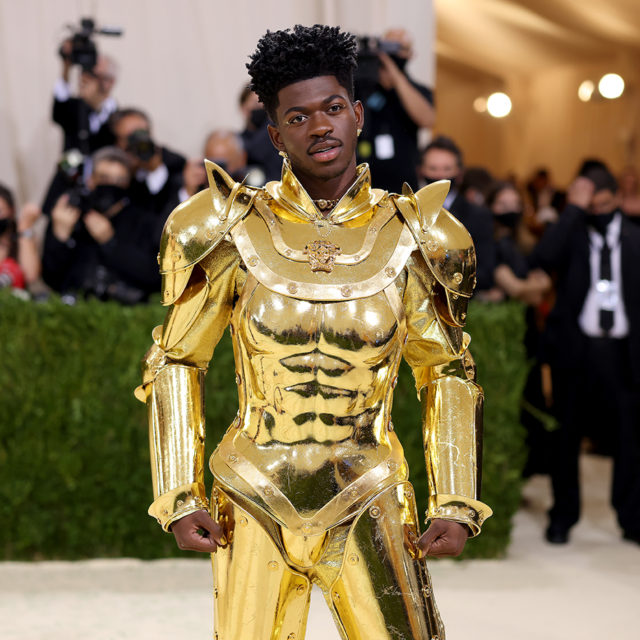This month, Lil Nas X launched his highly anticipated debut album, “Montero.” The album, which follows Nas X’s hit singles “Old Town Road” (featuring Billy Ray Cyrus) and “MONTERO (Call Me By Your Name)” was an instant success—it contains 11 tracks that charted on the Billboard Hot 100. Lil Nas X has collaborated with some of the biggest musicians of the day, including Megan Thee Stallion, Elton John, Jack Harlow, Doja Cat, and Miley Cyrus. His videos have been described by journalists and critics as “radically queer,” and they’ve garnered a predictable backlash as such (including, perhaps surprisingly, from the governor of South Dakota).
But the pop-rap artist is breaking other ground, too: As a Black, gay man making wildly popular music, he’s transforming “the landscape of queer possibilities,” says K.J. Rawson, associate professor of English and women’s, gender, and sexuality studies at Northeastern.
Rawson, who studies the rhetorical work of queer and transgender archival collections, situates Lil Nas X in the lineage of artists such as Sylvester, David Bowie, Janelle Monaé, and others, but his unapologetic approach to showcasing Black, queer stories in his music and music videos puts him in a league of his own.




